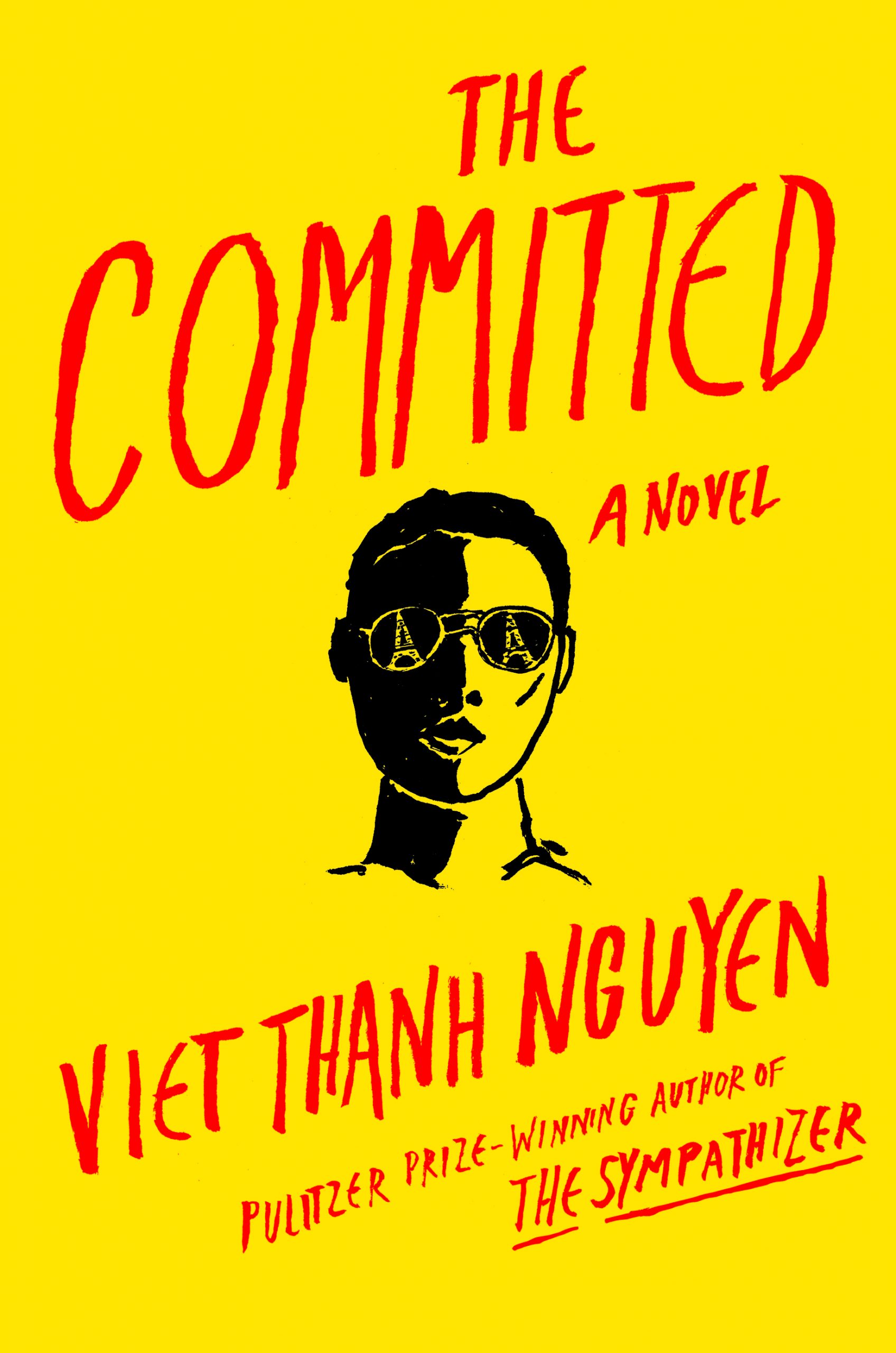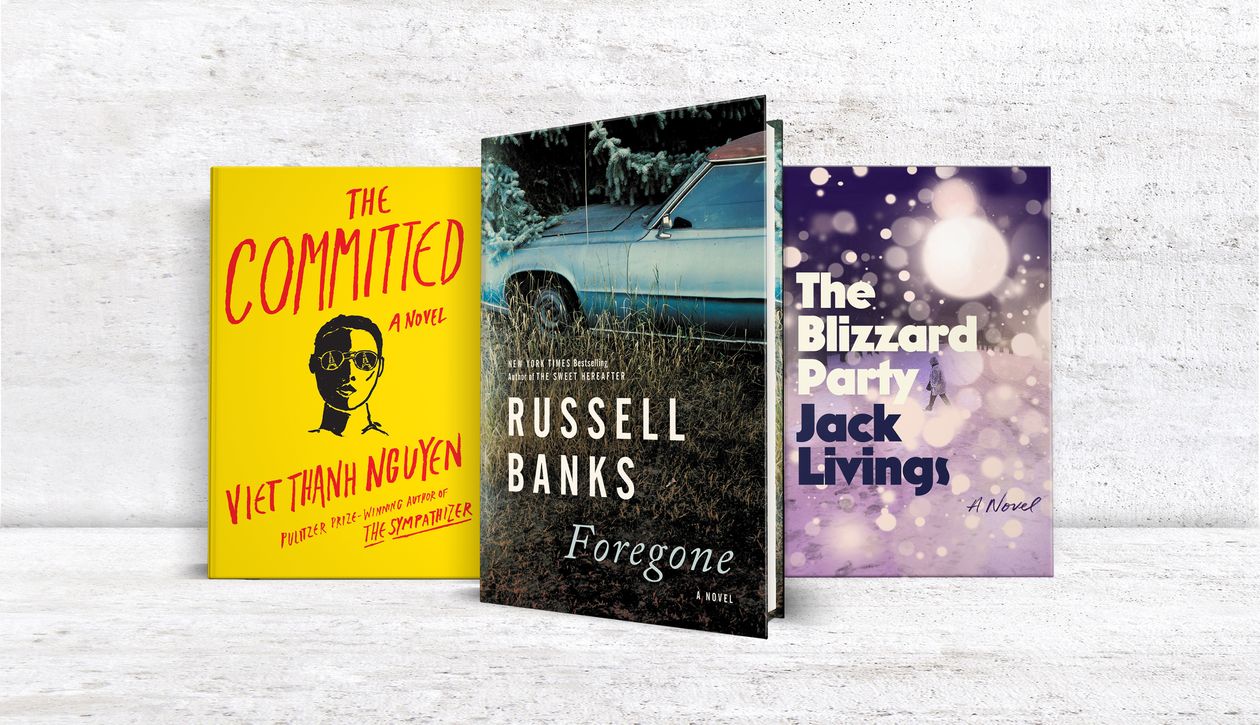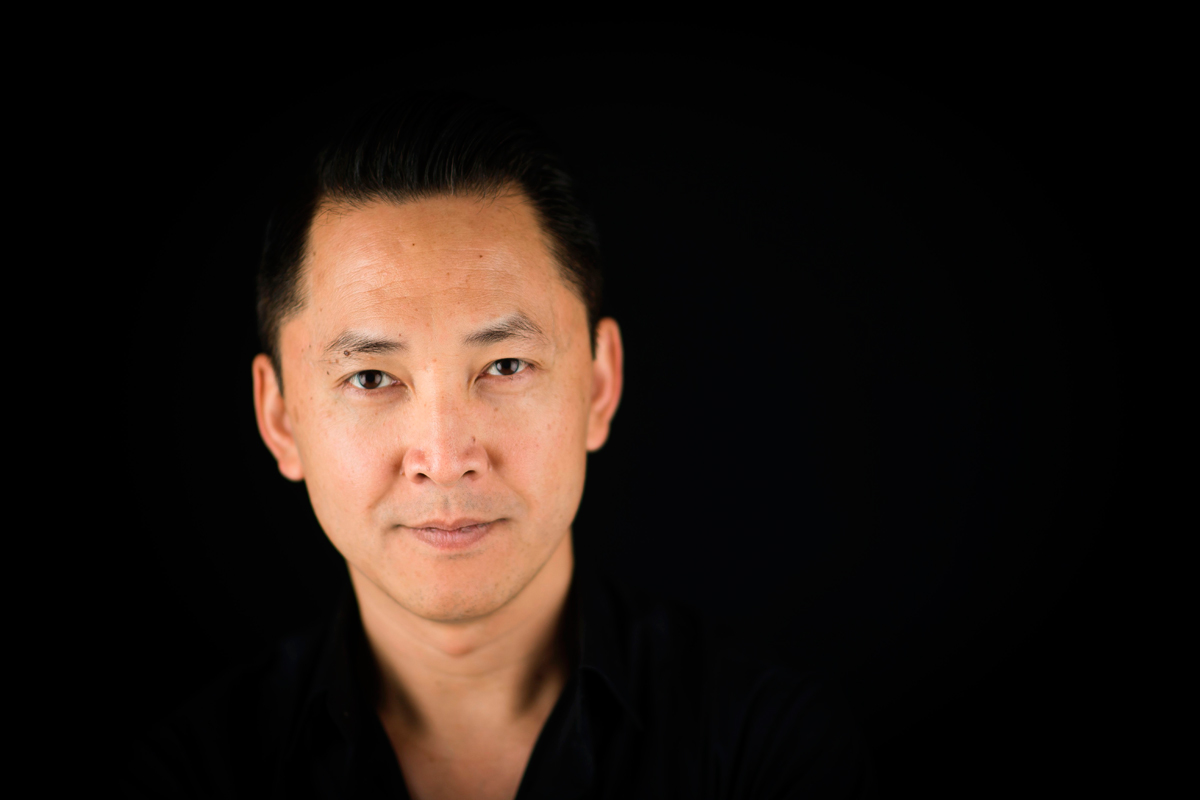

Every low joke – jokes about the body, for example – is grounded in questions of how these larger forces of power are operating exactly through our bodies and trying to get us to ignore things that are literally right there before our eyes. The key is always to balance the comedy with a punchline that is also grounding us in the history and the politics. In looking at political situations – of colonialism, communism and American capitalism – I’ve felt there was a lot to make fun of. Your protagonist seems to be at once tortured by displacement and yet always amused by his predicament in equal measure. In both novels, you often evoke trauma through humour. This is also part of the politics of revolution that he wasn’t really aware of, and that he becomes much more conscious of in this second novel. With this sequel, I also wanted to bring greater attention to my narrator’s attitudes towards women and sexuality - his tendency towards the objectification of women. I’ve also spent time in Paris and France, and I’ve thought about many of the issues that my narrator grapples with in terms of French racism and French colonialism.

In The Sympathizer, I took that feeling and put it into the novel and just greatly exaggerated those feelings and his circumstances to make something much more dramatic, and I continued this process in The Committed. Always feeling displaced no matter where I was. That’s how I felt growing up as a refugee in the United States, as a Vietnamese and Asian American, always looking at myself from inside and outside. To what extent does your fiction draw on your own life experience?Īcross both books, the narrator’s personality – the fact that he’s a man of two minds and two faces – is pretty much me too. The forces of racism and patriarchy that are fundamental to the operation of colonisation are still embedded in society
#THE COMMITTED VIET THANH NGUYEN HOW TO#
Towards the end, I finally figured out how to balance everything that was making demands on me and felt like I was back in the groove again. Then my life got really messy for a couple of years while I wrote the middle of the book. I would write in 50-page chunks – I wrote 50 pages before the Pulitzer. I don’t know if I did! There was an outline for the novel that I was generally faithful to. So how did you overcome the disjointedness? With The Committed, I had to write it in bits and pieces with lots of interruptions. With The Sympathizer I had two years of total concentration because nobody knew who I was. I got very distracted doing interviews and lectures and all of that. It was certainly more challenging, not necessarily because of heightened expectations but because of the publicity around the Pulitzer.

How was it sitting down to write your second with a Pulitzer under your belt? You’ve written about the ease of writing your first novel. Nguyen is a professor of English, American studies and ethnicity, and comparative literature at the University of Southern California as well as a contributing opinion writer for the New York Times. In The Committed, his unnamed protagonist arrives, as a refugee, in 1970s Paris, looking to shore up his identity on a diet of drug-dealing gangsterism and poststructuralist theory. The Sympathi zer established Nguyen as both a literary star and an advocate for displaced people around the world. T he Vietnamese-American author Viet Thanh Nguyen’s second novel, The Committed, is the sequel to his celebrated debut, The Sympathi zer, a spy thriller set against the backdrop of the Vietnam war that was both a New York Times bestseller and winner of the 2016 Pulitzer prize for fiction.


 0 kommentar(er)
0 kommentar(er)
